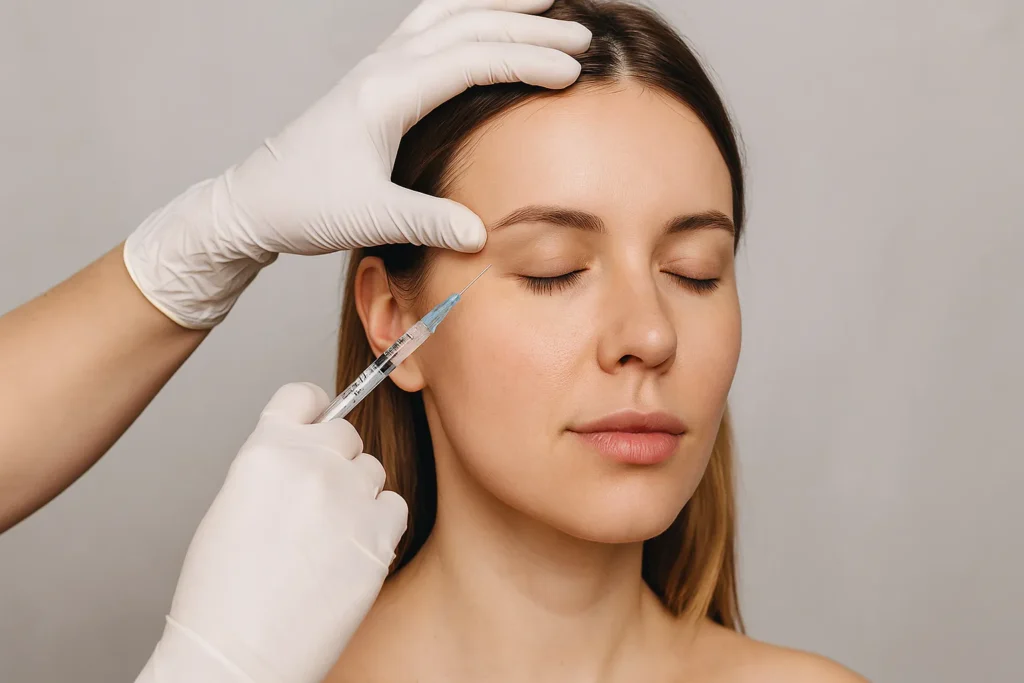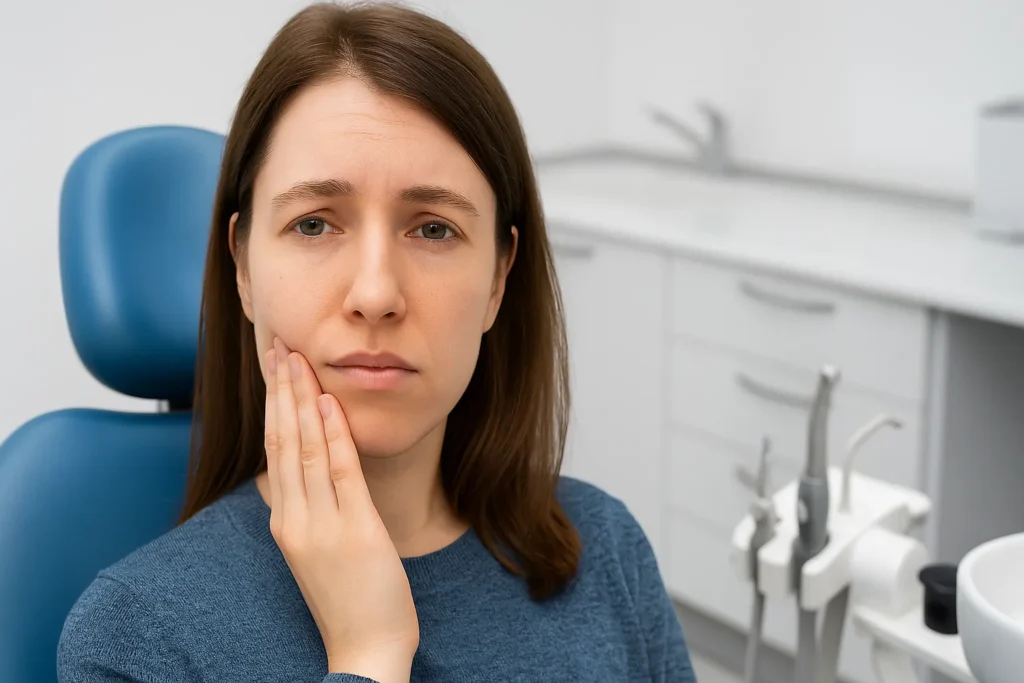Polycystic Ovary Syndrome (PCOS) can feel like a confusing maze, especially when terms like “AMH” start showing up in reports and doctor’s discussions. If you’ve been told your Anti-Müllerian Hormone (AMH) levels are high and you’re trying to understand what it means, you’re in the right place. Let’s talk about how to reduce AMH levels in PCOS naturally, and why it’s essential to get a clearer picture of your reproductive health.
Whether you’re trying to conceive, regulate your cycle, or just want to balance your hormones, this guide will help you with insights, practical tips, and some often-overlooked reasons behind high AMH levels.
What is AMH and How Is It Connected to PCOS?
Let’s understand AMH before we talk about lowering it. AMH stands for Anti-Müllerian Hormone. It’s produced by small follicles in the ovaries and gives doctors a peek into your ovarian reserve (basically, how many eggs you might have left). Now, here’s where PCOS changes the game. Women with PCOS tend to have many small follicles, and that means more AMH gets released.
So, in simple terms: more follicles = higher AMH = common in PCOS.
But having high AMH doesn’t always mean things are functioning better. In fact, it’s often a sign that your follicles aren’t maturing properly, and that’s where the trouble begins, especially if you’re trying to conceive.
Reasons for High AMH Levels in PCOS
Before managing the issue, it’s important to understand what’s driving it.
High AMH levels can occur naturally, but in the case of PCOS, here are the key reasons:
- Excess Small Follicles: The ovaries develop more antral follicles than usual, increasing AMH production.
- Insulin Resistance: Common in PCOS, insulin resistance can influence hormone levels, including AMH.
- Chronic Inflammation: Ongoing inflammation may disrupt ovarian function.
- Hormonal Imbalance: Elevated androgens (male hormones) in PCOS may indirectly contribute to AMH overproduction.
- Delayed Follicle Maturation: The follicles get “stuck” in early development stages, raising AMH levels.
In a way, your ovaries are doing more than required, but not in a helpful way.
If you’re navigating high AMH levels and trying to conceive, you might be wondering, is it possible to get pregnant with high AMH level? It’s a valid concern, and exploring this further with your fertility specialist can provide deeper insight into your unique case.
How to Test AMH Levels
If you haven’t tested your AMH yet, here’s what you should know. The AMH level test is a simple blood test that can be done on any day of your menstrual cycle. Unlike other hormone tests, it doesn’t need to be scheduled for a particular day.
Here’s what to expect:
- No fasting required
- Results within 1–2 days
- Normal AMH range varies by age
For women with PCOS, levels above 4.5–5.0 ng/mL are usually considered high. However, it’s important to view AMH levels alongside other markers like LH, FSH, and ultrasound results.
Tip: Discuss your results with a fertility specialist or endocrinologist—not just a general physician. They’ll help you interpret what your numbers actually mean.
Natural Ways to Reduce AMH Levels in PCOS
Now comes the most important part—how to reduce AMH levels in PCOS without medication. Let’s explore a few research-backed and natural methods:
1. Focus on a Balanced Diet
Your plate matters more than you think. A PCOS-friendly diet can help regulate hormones, reduce insulin resistance, and support better ovarian function. Include:
- Leafy greens like spinach and methi
- Omega-3 rich foods (flaxseeds, walnuts)
- Low glycemic index foods (quinoa, brown rice)
- Zinc and magnesium-rich foods
Avoid: Processed carbs, refined sugar, excessive dairy While you’re making diet changes, you might also want to explore Which Food Increase AMH Level to understand what to consume moderately.
2. Weight Management and Physical Activity
Even a 5-10% reduction in body weight can significantly improve hormonal balance. If you’re overweight or struggling with insulin resistance, lowering your BMI can help reduce AMH levels too. Opt for:
- Brisk walks
- Yoga
- Strength training
- HIIT (High-Intensity Interval Training) for short bursts
3. Herbal Support and Supplements
Certain herbal remedies have shown promise in balancing hormones and supporting ovarian health. Some options include:
- Inositol (especially Myo-Inositol + D-Chiro Inositol combo) – Supports insulin regulation and ovulation
- Spearmint tea – Helps reduce androgens
- Ashwagandha – Calms stress levels that affect hormones
- Vitamin D – Deficiency is common in PCOS and linked with higher AMH
Always consult a healthcare provider before starting any new supplement.
4. Stress Management
Chronic stress can throw off your entire endocrine system. PCOS is already a hormone-driven condition, and stress can make things worse. Try:
- Guided meditation
- Deep breathing exercises
- Journaling
- Nature walks
These aren’t just feel-good activities—they have real biological benefits.
5. Sleep and Daily Routine
Sleep helps regulate your body’s hormone production. If you’re not sleeping well or sleeping at odd hours, your AMH levels might be affected over time. Aim for:
- 7–8 hours of quality sleep
- Going to bed and waking up at the same time daily
- Reducing screen time before bed
Following a healthy routine can improve not just AMH levels, but your overall PCOS management.
A Quick Note on Gut Health
Believe it or not, your gut and hormones are more connected than you think. Many women with PCOS also face bloating, indigestion, or gastric discomfort. Balancing gut health is key, and if you’re facing those issues regularly, you might want to look into How to Cure Gastric Problem Permanently as part of your overall wellness strategy.
Final Thoughts
Managing PCOS is a journey, and understanding AMH levels is just one piece of the puzzle. If you’re wondering how to reduce AMH levels in PCOS naturally, the answer lies in small, sustainable lifestyle changes. From food and fitness to sleep and stress, everything counts. You don’t need to panic over a high number, but you do need to stay informed, be proactive, and listen to your body. Remember, healing isn’t just about one hormone, it’s about balance.













